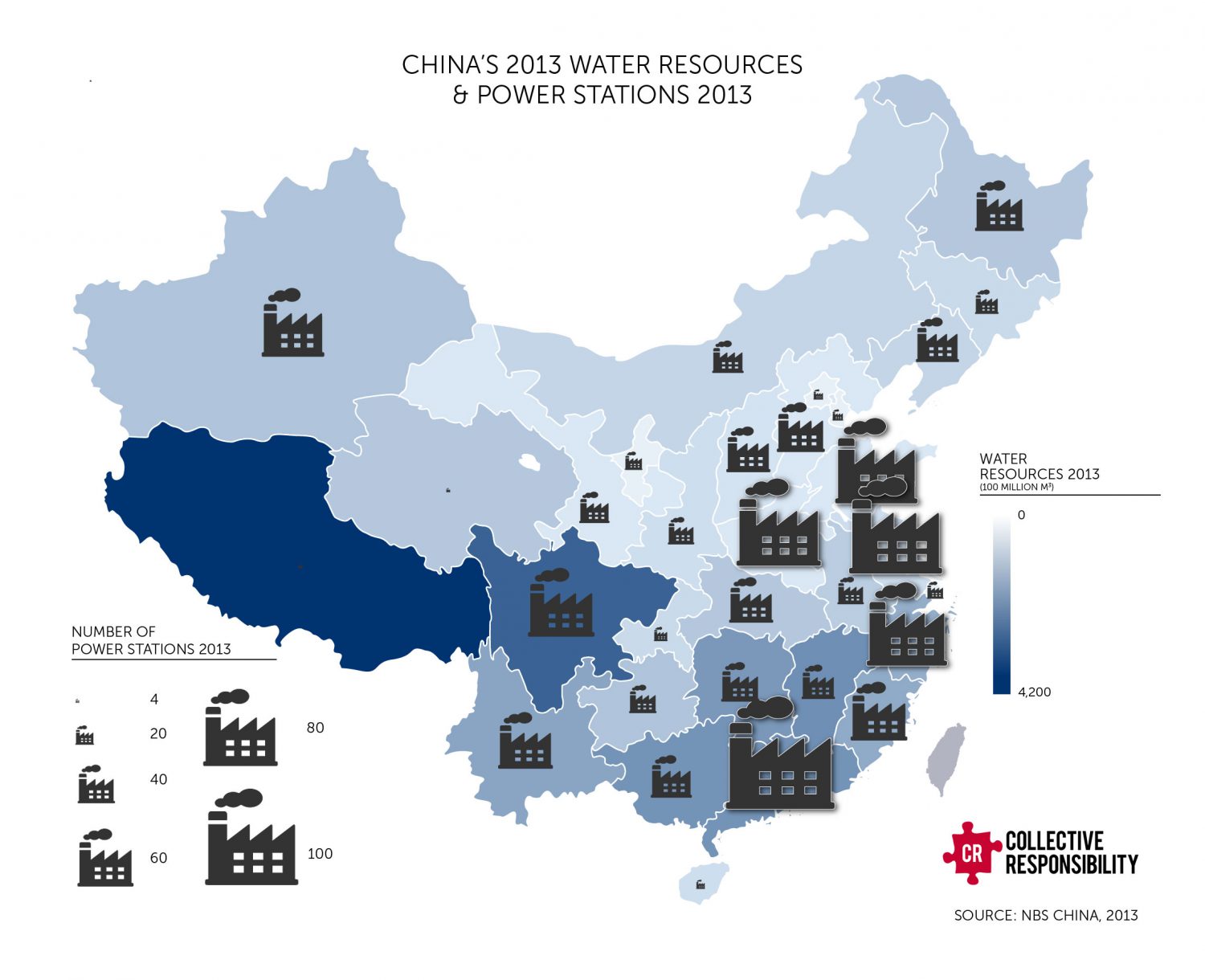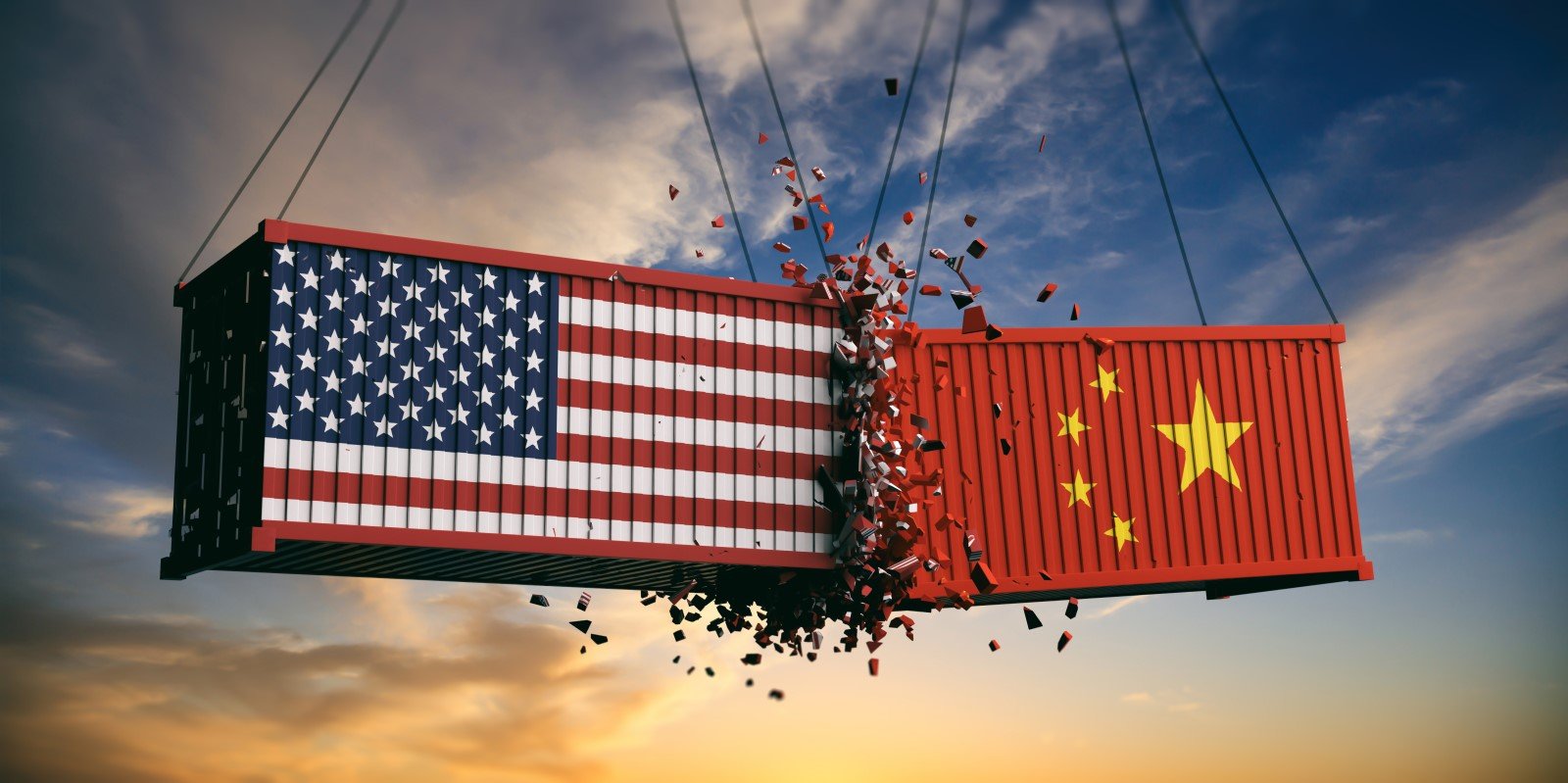BMW And Porsche's China Challenges: A Growing Trend

Table of Contents
Intensifying Competition from Local Brands
The Chinese automotive landscape is undergoing a dramatic transformation. The rise of domestic electric vehicle (EV) manufacturers like BYD, Nio, and Xpeng is reshaping the competitive dynamics. These local brands are not simply playing catch-up; they are aggressively challenging established players like BMW and Porsche with compelling offerings. Their success stems from several key factors:
-
Growing market share of local EV brands: Chinese EV makers are rapidly gaining market share, particularly amongst younger, tech-savvy consumers. This surge is fueled by innovative designs and technological advancements.
-
Technological advancements in Chinese EVs: Local brands are investing heavily in research and development, leading to significant breakthroughs in battery technology, autonomous driving capabilities, and in-car digital experiences. This is directly impacting consumer preference.
-
Aggressive pricing strategies employed by Chinese automakers: Competitive pricing, often undercutting established international brands, is a significant factor in their success, making electric vehicles more accessible to a wider range of Chinese consumers.
-
Government support for domestic brands: The Chinese government actively promotes the growth of its domestic automotive industry through subsidies, tax incentives, and favorable regulatory policies, giving local brands a distinct advantage.
Evolving Consumer Preferences in China
Chinese consumers are increasingly sophisticated and demanding. Their preferences are shifting rapidly, driven by technological advancements and a desire for personalized experiences. This presents significant BMW and Porsche's China challenges in terms of brand adaptation:
-
Increased demand for electric and hybrid vehicles: Environmental concerns and government incentives are fueling a surge in demand for eco-friendly vehicles, pushing traditional combustion engine manufacturers to adapt quickly.
-
Focus on digital connectivity and smart features: Chinese consumers expect seamless digital integration in their vehicles, including advanced infotainment systems, connectivity features, and over-the-air updates.
-
Preference for personalized and customized vehicles: The ability to customize vehicles to reflect individual tastes and preferences is becoming increasingly important, requiring manufacturers to offer greater flexibility in vehicle configurations and options.
-
Importance of strong online brand presence: Digital marketing and a robust online presence are crucial for reaching and engaging Chinese consumers, who are highly active online.
Navigating Regulatory Hurdles and Supply Chain Disruptions
Operating in the Chinese market requires navigating a complex regulatory environment and facing potential disruptions to global supply chains. These BMW and Porsche's China challenges are significant hurdles for international automakers:
-
Stricter emission standards and environmental regulations: China has implemented stringent emission regulations and environmental standards, requiring automakers to invest significantly in cleaner technologies and comply with complex regulatory processes.
-
Complex import and export procedures: Navigating the intricacies of Chinese import and export regulations can be challenging and time-consuming, adding complexity to the supply chain.
-
Supply chain vulnerabilities impacting production and delivery: Global supply chain disruptions, exacerbated by geopolitical uncertainties, can significantly impact production schedules and vehicle deliveries, causing delays and impacting profitability.
-
Geopolitical risks affecting market stability: Geopolitical tensions and trade disputes can create uncertainty and instability in the Chinese market, impacting investment decisions and business operations.
Adapting Strategies for Long-Term Success in China
To overcome the BMW and Porsche's China challenges and ensure long-term success in the Chinese market, these luxury brands must adopt innovative strategies:
-
Investing in R&D for electric vehicles tailored to the Chinese market: Developing EVs specifically designed to meet the preferences and needs of Chinese consumers is crucial for competing with local brands.
-
Strengthening partnerships with local suppliers and distributors: Collaborating with local partners can provide valuable insights into the market, streamline supply chains, and enhance distribution networks.
-
Developing targeted marketing campaigns focusing on Chinese consumer preferences: Marketing campaigns need to resonate with the specific values and aspirations of Chinese consumers, emphasizing brand image, technological advancements, and personalized experiences.
-
Emphasis on localization and cultural sensitivity: Demonstrating cultural sensitivity and adapting products and marketing messages to resonate with local culture is paramount for building trust and brand loyalty.
The Future of BMW and Porsche in China: Overcoming the Growing Challenges
The Chinese automotive market presents significant BMW and Porsche's China challenges, including intense competition from local brands, evolving consumer preferences, and regulatory hurdles. Success in this dynamic market requires a deep understanding of consumer behavior, proactive adaptation to evolving trends, and a commitment to innovation. BMW and Porsche must embrace localization strategies, invest in electric vehicle technology, and cultivate strong relationships with local partners to navigate these challenges and maintain their position in this vital market. Stay tuned for further analysis on BMW and Porsche's China challenges and how these luxury brands are adapting to this dynamic market. Follow us for updates on the evolving landscape of the Chinese automotive industry.

Featured Posts
-
 U S China Tensions A New Cold War On The Horizon
Apr 22, 2025
U S China Tensions A New Cold War On The Horizon
Apr 22, 2025 -
 Exec Office365 Breach Millions Made Feds Say
Apr 22, 2025
Exec Office365 Breach Millions Made Feds Say
Apr 22, 2025 -
 Open Ai Unveils Streamlined Voice Assistant Development At 2024 Event
Apr 22, 2025
Open Ai Unveils Streamlined Voice Assistant Development At 2024 Event
Apr 22, 2025 -
 Overcoming The Hurdles Why Robot Made Nike Sneakers Are Still A Distant Goal
Apr 22, 2025
Overcoming The Hurdles Why Robot Made Nike Sneakers Are Still A Distant Goal
Apr 22, 2025 -
 The Passing Of Pope Francis A Global Mourning
Apr 22, 2025
The Passing Of Pope Francis A Global Mourning
Apr 22, 2025
